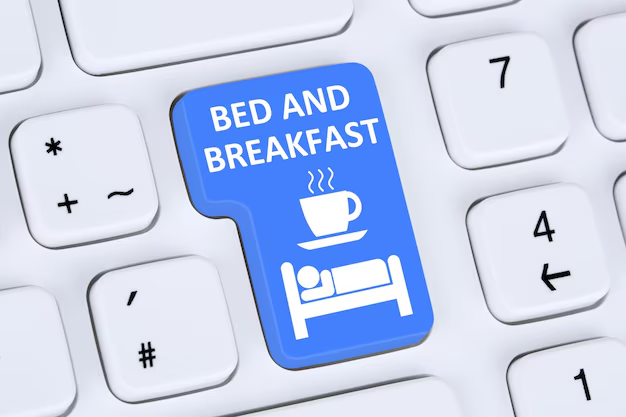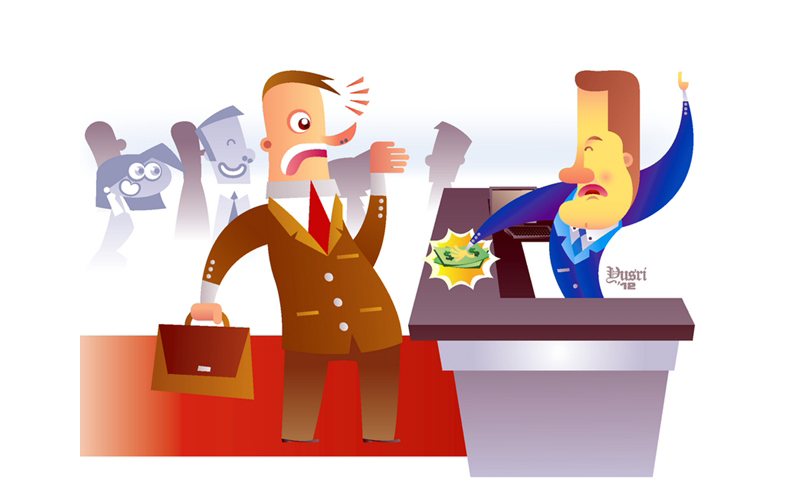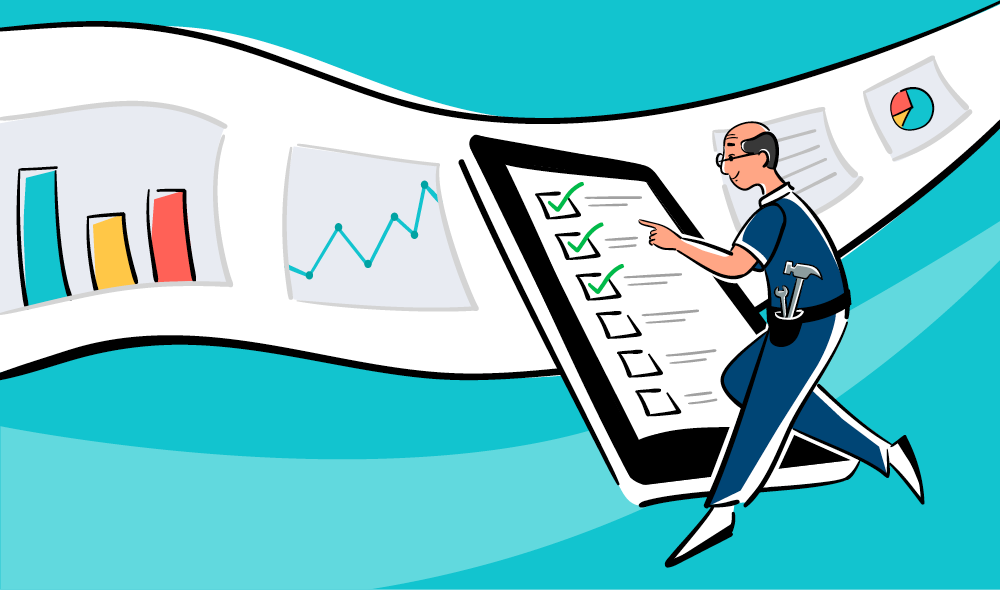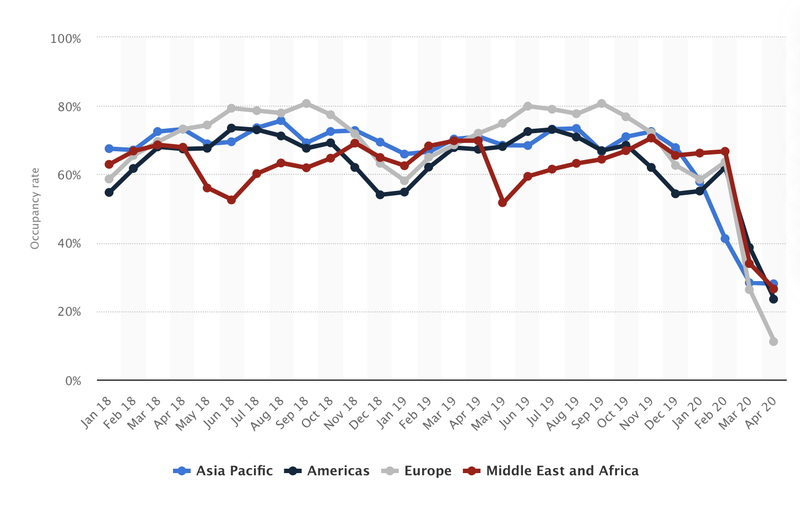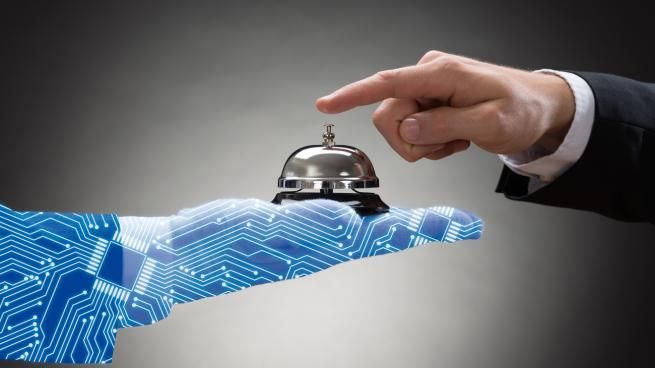The Benefits of Software for Your Bed and Breakfast
Running a bed and breakfast (B&B) can be incredibly rewarding, allowing you to create memorable experiences for guests while building lasting connections. However, managing reservations, guest preferences, and day-to-day operations can be overwhelming, especially if you’re still relying on manual methods. Fortunately, adopting software specifically designed for small hospitality businesses can streamline operations, improve guest satisfaction, and increase profitability. Here’s a look at the key benefits of software for your B&B.
1. Simplified Reservation Management
Software solutions make managing reservations much easier, eliminating the risk of overbooking or missed bookings. A reservation management system provides you with a centralized calendar that shows all current and upcoming reservations, helping you stay organized and ensuring rooms are always ready when guests arrive. Many solutions even sync with online travel agencies, automatically updating availability across platforms to maximize occupancy.
2. Enhanced Guest Experience
Personal touches make all the difference in a guest’s stay at a B&B. With guest profiles and history at your fingertips, you can remember previous preferences, allergies, and even anniversaries or special occasions. Many software options also allow for digital check-ins and pre-arrival forms, making the process seamless and allowing guests to start relaxing the moment they arrive.
3. Streamlined Billing and Payment
Managing payments and invoices is time-consuming, especially when juggling different payment methods. A dedicated B&B software can automate these processes by generating bills, tracking payments, and even integrating with your payment processor. This makes it easier to offer secure, convenient payment options to guests, reducing administrative work and ensuring accurate financial records.
4. Efficient Housekeeping and Maintenance Management
With software, you can streamline housekeeping schedules, ensuring rooms are always ready for guests. Tasks can be assigned, tracked, and updated in real-time, making communication between staff members more effective. Additionally, maintenance requests can be managed within the system, allowing you to stay on top of repairs and prevent disruptions to guests’ stays.
5. Valuable Insights and Reporting
B&B management software often comes with reporting features that allow you to analyze occupancy rates, revenue trends, and guest demographics. These insights help you identify popular times of year, understand guest preferences, and make data-driven decisions. For example, if you notice a rise in weekend bookings, you might consider offering special weekend packages or promotions.
6. Time Savings and Reduced Stress
Software can automate and simplify many daily tasks, freeing up more of your time for the parts of your business you love most – interacting with guests and creating a warm, inviting atmosphere. With a reliable system handling the logistics, you’ll experience less stress and enjoy peace of mind knowing that important details aren’t slipping through the cracks.
Conclusion
Switching from manual methods to a software solution may seem daunting, but the benefits are substantial. From simplifying reservations to enhancing guest experiences and providing insightful analytics, software can elevate your B&B to new heights. Embracing technology allows you to focus on what truly matters: making every guest’s stay unforgettable while efficiently running a successful, thriving business.

